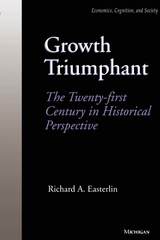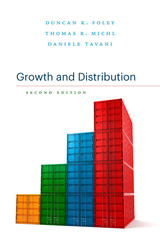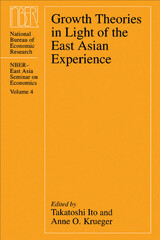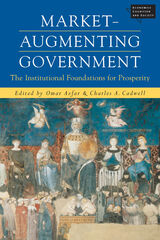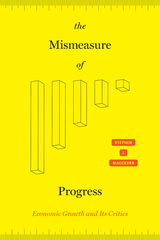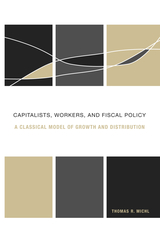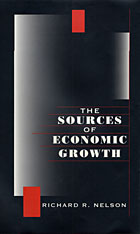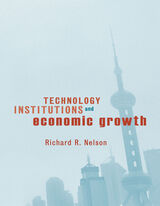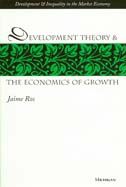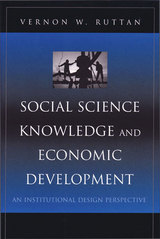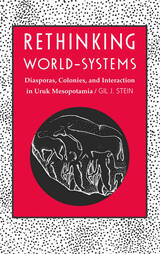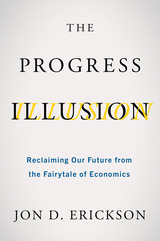Striking a Balance: Making National Economic Policy
University of Chicago Press, 1984
Cloth: 978-0-226-70707-5 | Paper: 978-0-226-70708-2
Library of Congress Classification HD75.R43 1984
Dewey Decimal Classification 338.973
Cloth: 978-0-226-70707-5 | Paper: 978-0-226-70708-2
Library of Congress Classification HD75.R43 1984
Dewey Decimal Classification 338.973
ABOUT THIS BOOK | TOC
ABOUT THIS BOOK
The language of economic policy is as familiar as the daily newspaper—tax cuts, the prime rate, monetarism, deregulation, the balance of payments—but how well do we understand it? Too often, the reasoning and the difficult choices that lead to economic policies are hidden from nonexperts in a fog of statistics and jargon.
Striking a Balance sets forth in clear, nontechnical language the principal goals of national economic policy, the instruments used to achieve these goals, and the political and economic problems arising from conflicting goals and the choice of inappropriate instruments. It is written not for economics students but for the general public and for students in the related fields of public policy, journalism, and law. Unlike economics textbooks, it is not organized according to theoretical categories such as supply and demand, but around issues such as full employment and inflation. It has no ideological axe to grind and tries to present different views of controversial issues fairly.
Striking a Balance benefits from the wisdom and experience of a mature economist. Albert Rees achieves the rare feat of explicating complex issues without oversimplification or trivialization.
Striking a Balance sets forth in clear, nontechnical language the principal goals of national economic policy, the instruments used to achieve these goals, and the political and economic problems arising from conflicting goals and the choice of inappropriate instruments. It is written not for economics students but for the general public and for students in the related fields of public policy, journalism, and law. Unlike economics textbooks, it is not organized according to theoretical categories such as supply and demand, but around issues such as full employment and inflation. It has no ideological axe to grind and tries to present different views of controversial issues fairly.
Striking a Balance benefits from the wisdom and experience of a mature economist. Albert Rees achieves the rare feat of explicating complex issues without oversimplification or trivialization.
See other books on: Balance | Economic Development | Economic policy | Rees, Albert | Striking
See other titles from University of Chicago Press

